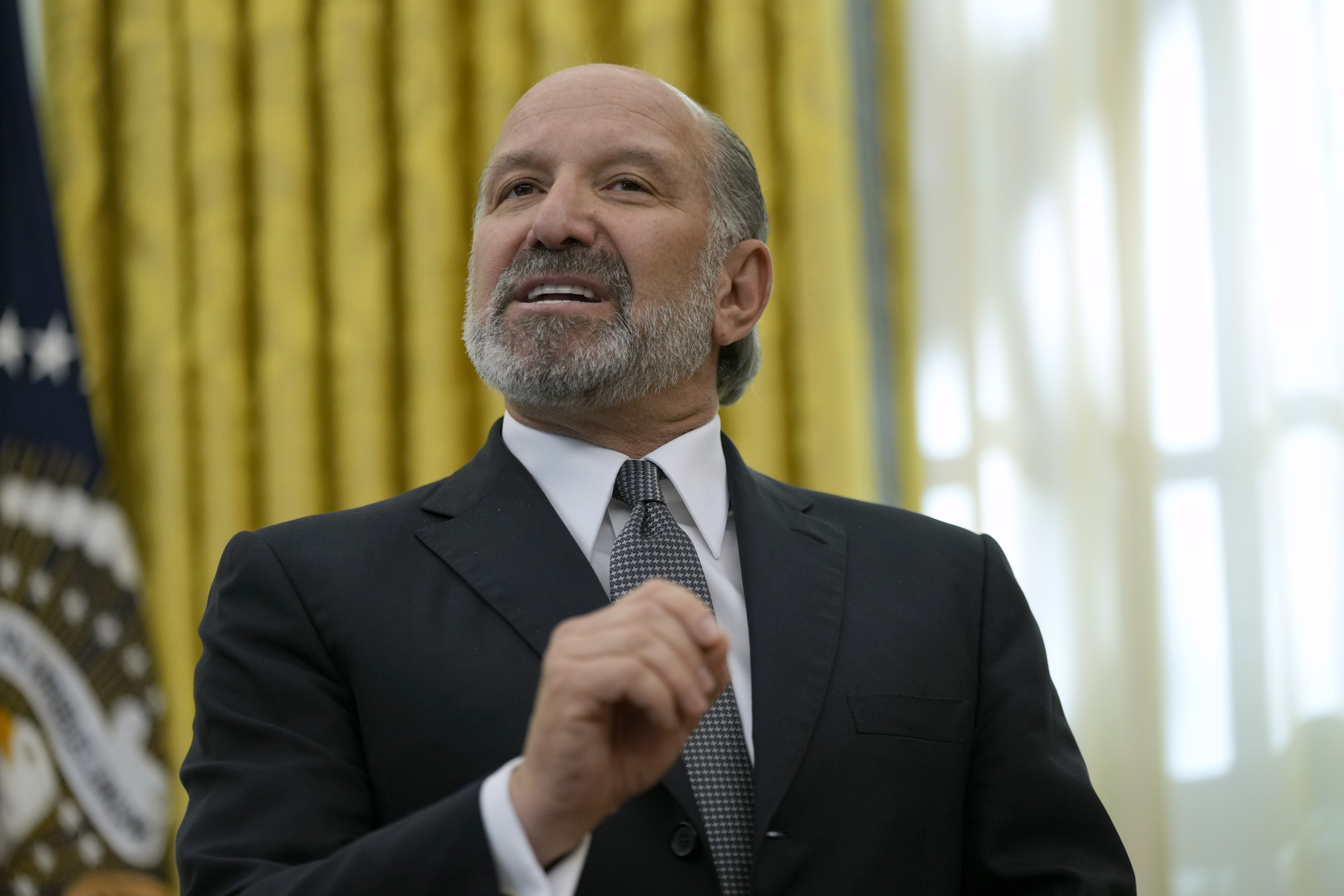The first high-level meeting between Brussels and Washington after the 90-day tariff pause ended with very few advances. None, in fact. According to sources from the European Commission, the EU reiterated its offer of "zero tariffs" for industrial goods, including cars, emphasized its intention to reach a negotiated solution, and both parties agreed to continue working "at the expert level." This means that no new high-level meeting is planned in the short term.
During the two-hour meeting between EU Trade Commissioner Maros Sefcovic and US Trade Representative Howard Lutnick, accompanied by Trade Representative Jamieson Greer, there was little tangible progress. However, Brussels did convey a demand to the Trump Administration to "define its position."
"The EU will continue to approach these discussions constructively, aiming to identify areas of common interest. It is clear that significant joint efforts will be needed to achieve a satisfactory outcome within the 90-day timeframe. The EU is doing its part. Now it is necessary for the US to define its position," said Commission sources.
Brussels is also concerned about the potential impact of the trade war on the global economy, a concern also raised by Sefcovic. This seemed to matter little to President Trump, who even appeared to be deliberately seeking a crisis situation to implement policies such as dollar depreciation. However, the markets did not respond favorably, as even the three-month pause did not convince them. This ultimately led the magnate to declare a tariff truce.
The meeting took place just as the United States announced it had initiated national security investigations into chip and pharmaceutical imports, likely to impose new tariffs on these products. The new tariffs would be issued under Section 232 of the Trade Expansion Act of 1962, which allows the president to impose tariffs to protect the country's security.
Brussels states that this was "expected," and the "process will take a few months." "The Commission has presented a strong argument against tariffs in these sectors that are important for the transatlantic relationship," emphasize EU sources.
"The Commission also continues its preparatory work on possible additional countermeasures in case the negotiations do not yield a successful outcome. And everything remains on the table," they stress in Brussels.
Following the US-Brussels meeting, the next official to travel to Washington to negotiate with US authorities will be Japan's Minister for Economic Revitalization and New Capitalism, Ryosei Akazawa.
The purpose of this trip is to "build a relationship of trust between government representatives" and "request a review of tariff measures," as reported by EFE in statements attributed to government spokesperson Yoshimasa Hayashi.
